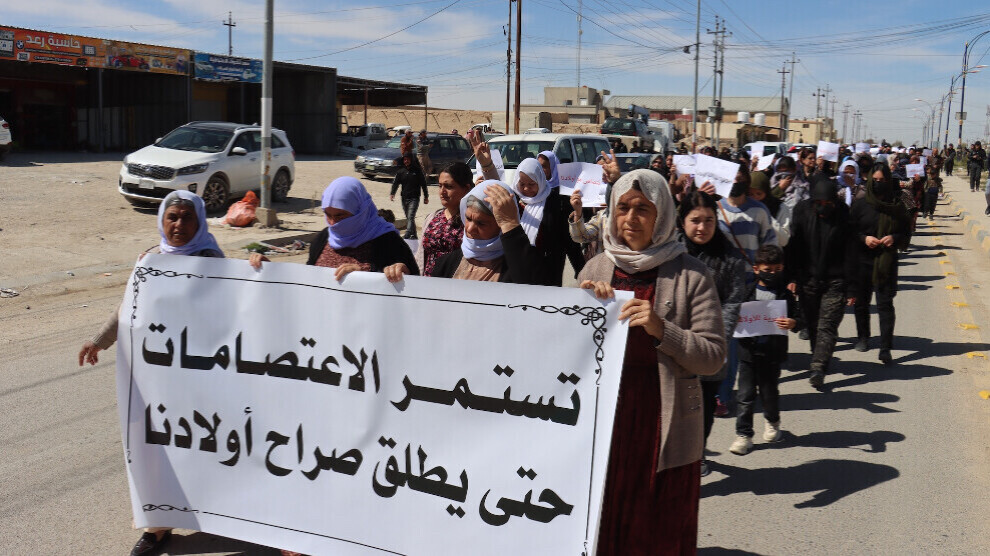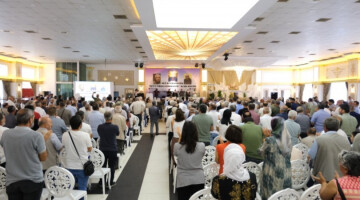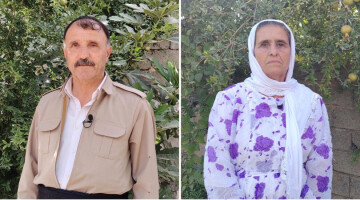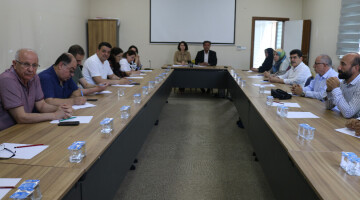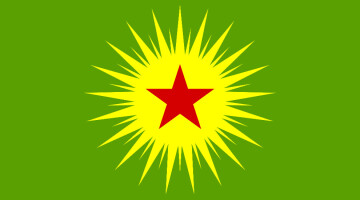On 18 March, the Iraqi army set up an ambush in the Yazidi city of Shengal (Sinjar) in northern Iraq and took five fighters of the Shengal Resistance Units (YBŞ) prisoner, injuring a commander and two fighters.
Following the attack against YBŞ fighters, the Iraqi army deployed a large number of troops to the center of Shengal. On 19 March, the residents of Shengal started resistance against the army. Women and young people led the resistance, which eventually forced the Iraqi forces to withdraw two days later. However, since the wounded fighters who were taken prisoner have not yet been released, protests by the residents continue.
Demanding the release of the fighters, the families sent a letter to human rights organizations, the UN, the EU and the 14 states that recognized the 2014 genocide.
The letter calling for international pressure on Baghdad states the following:
“In the 21st century, the Yazidi community suffered a genocide on 3 August 2014. Instead of protecting our community and preventing massacres, the KDP peshmerga and the Iraqi army fled, leaving the people of Shengal to face a mass slaughter. In order to protect their land, honor, culture and beliefs, Yazidi youth formed the YBŞ (Shengal Resistance Units) and YJŞ (Shengal Women’s Units) and repelled ISIS attacks at great cost.
On March 18, the Iraqi army intercepted and ambushed a vehicle of YBŞ fighters in Shengal city, resulting in the capture of five YBŞ fighters. The fighters were arrested under Article 4 of the 2005 Anti-Terrorism Act. After this incident, the Iraqi army deployed a large number of armored vehicles to Shengal and laid siege to the city. Civilian vehicles entering and leaving the city are under pressure. If the army had attacked ISIS with these weapons, there would have been no massacre. Despite all these attacks and threats on Iraqi soil, the Iraqi government has so far shown no reaction. On the contrary, the government approved the General Amnesty Law, which envisages the release of the ISIS mercenaries who perpetrated the genocide.
The Iraqi army is attacking the Yazidi youngsters who fought ISIS and liberated the region. For 10 years our forces have been defending Shengal and its people, Yazidis, Arabs and Shiites. The tragedy of the 74th genocide is still very much alive and unhealed among women, children and the Yazidi community. Thousands of Yazidis, including women, are still held captive by ISIS and their fate is unknown.
As the families of five YBŞ fighters held by the Iraqi government, we call on international human rights organizations, the UN, the EU and the 14 countries that officially recognized the 2014 onslaught as genocide to ensure the release of our children. We demand that they take a stand against the Iraqi government’s treatment of the Yazidi community and not remain silent. Our children must be released immediately. At the same time, the attacks against the Yazidis must stop and the conflict must end.”

